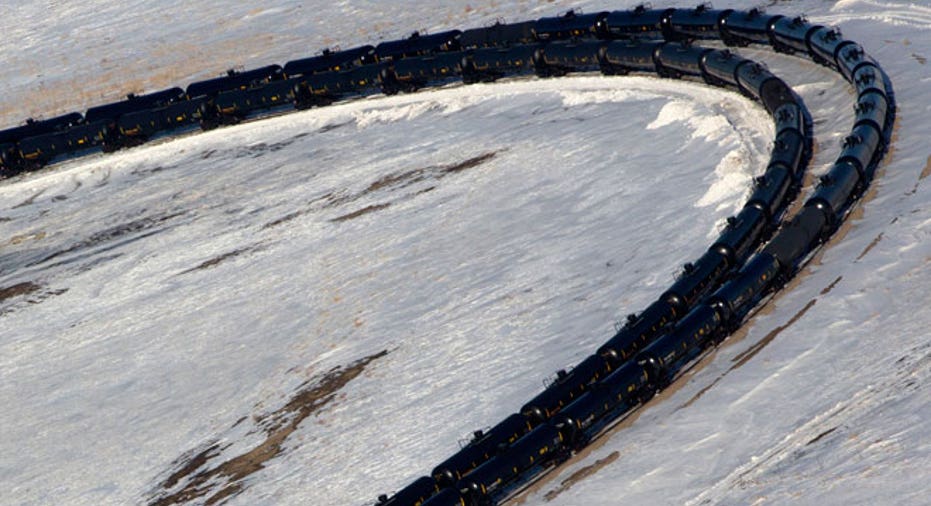U.S. Orders Rail Shippers to Test Oil From Bakken Region

In the aftermath of several high-profile crashes, U.S. regulators issued an emergency order on Tuesday requiring stricter standards to transport crude oil from North Dakota's Bakken region by rail.
The new regulations from the Department of Transportation mark the agency’s fourth emergency order or safety advisory on crude oil in the last seven months.
The DOT said it is now requiring all shippers to test products from the Bakken region to ensure the proper classification of crude oil before it is transported by rail. The U.S. is also banning the transportation of crude oil in the lowest-strength packing group.
“Today we are raising the bar for shipping crude oil on behalf of the families and communities along rail lines nationwide -- if you intend to move crude oil by rail, then you must test and classify the material appropriately,” DOT Secretary Anthony Foxx said in a statement.
The increased regulation comes in response to a number of fiery freight train derailments involving crude oil, including one in July 2013 in Quebec that killed 47 people and leveled a town.
“From emergency orders to voluntary agreements, we are using every tool at our disposal to ensure the safe transportation of crude,” Foxx said.
As part of the latest order, the DOT is requiring that all Class III crude oil shipments be designated as Packing Group I or II, meaning they must be transported in more robust tank cars.
The DOT warned that shipping crude oil or other hazardous materials without proper testing and classification can lead to first responders following the wrong protocol when responding to a spill.
In August 2013, the DOT launched Operation Classification, also known as the “Bakken Blitz,” which aimed to verify that crude oil from the region is being properly classified for transportation.
Trade groups representing North American railroads have also proposed new safety standards for tank cars that carry crude oil and other flammable liquids.



















